It is giving count as 2 where as pattern occurred thrice in the string
echo "axxxaaxx" | grep -o "xx" | wc -l
echo "axxxaaxx" | grep -o "xx"

It is giving count as 2 where as pattern occurred thrice in the string
echo "axxxaaxx" | grep -o "xx" | wc -l
echo "axxxaaxx" | grep -o "xx"
grep doesnt support overlapping matching of regex. It consumes the characters which get matched. In this case you can enable Perl Compatible Regex (PCRE) using -p switch and use positive look ahead assertion like this:
$ echo "axxxaaxx" | grep -oP "x(?=x)"
x
x
x
$ echo "axxxaaxx" | grep -oP "x(?=x)" | wc -l
3
$
regex(?=regex2) Positive look ahead assertion finds all regex1 after which regex2 follows. While matching chars for regex2 it does NOT consume the chars hence that's the reason you get 3 matches.
x(?=x) Positive look ahead assertion finds all x that has x after it.
In the string xxx, 1st x matches because it has x after it, 2nd x too and 3rd x doesn't.
More info and easy examples can be found here
Using -P will enable PCRE which supports lookarounds:
echo "axxxaaxx" | grep -P '(?<=x)x'
In this case we are using a lookbehind which means that we will match an x which have an x before it. This makes us able to have overlapping matches:
How the regex is "evaluated":
xxx
^^
|Cursor
Looking for x on this position, since there is nothing this will not match
xxx
^^
|Cursor
Looking for x on this position since it's found we got a match
xxx
^^
|Cursor
Looking for x on this position since it's found we got a match